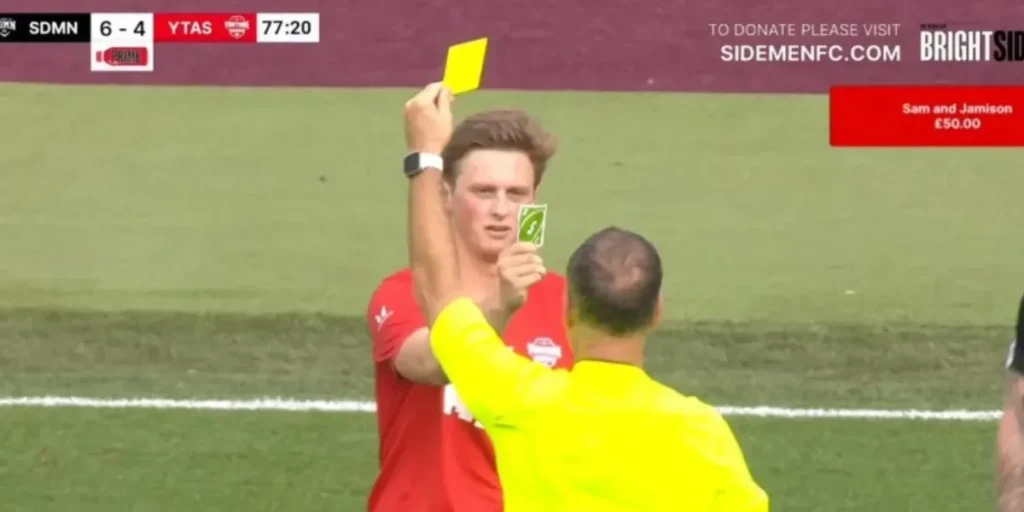Recently, while drinking beer with my friends, we started talking about how one of our acquaintances knows what he’s doing is wrong, but completely and confidently ignores it. As if he’s stupid and doesn’t understand the situation. But he’s not stupid. He finished school. He has required a higher education. He should be a capable, functioning adult.
And it’s not just him. I see people like this all around. Yes, some people are genuinely clueless and don’t know their left from their right. But others? They’re educated. They’ve had opportunities. And still, they act like fools.
What Is Stupidity, Really?
Stupidity isn’t just about not knowing things. It’s not about being uneducated or having a low IQ. Real stupidity is behavioral. It shows up in how people respond to the world around them.
Stupidity is refusing to listen when someone smarter is trying to help you.
It’s ignoring advice not once, but repeatedly, even when that advice could save you from your own bad decisions.
It’s talking over others, even when you clearly don’t understand the subject.
It’s being so attached to your own opinion that the idea of being wrong feels like an attack on your identity.
It’s not the mistake that makes someone stupid—it’s the refusal to learn from it. Smart people make mistakes too. All the time. But they reflect. They adjust.
Stupid people? They double down.
The Unfortunately Incompetent
I have another friend (she’s 30 now), with multiple kids and yet still acts like a child. Like she never grew up. She thinks she acts like an adult, but really, there’s just nothing going on upstairs. Just monkeys playing drums. And it’s sad. Genuinely sad.
She always acts like she knows everything, always confident, always dismissing other people’s advice. And what’s almost funny is… she’s always wrong.
And perhaps with her, it is not about the willingness to change, it’s that she has never known otherwise. She has grown up in this kind of environment – surrounded by stupidity and self sabotaging, no one questioning their choices and challenging them to change.
And maybe that’s just it. Maybe what’s stopping her from changing is the fear that other people are right. That her life is messed up. That She has built everything on shaky ground and admitting it would break her.
It’s not easy to say, “I’m not smart.” It’s harder to say, “I need to change.” Most people aren’t ready for that.
The Dunning-Kruger Effect
The Dunning-Kruger effect is a cognitive bias where people with low ability tend to overestimate their competence, while people with high ability tend to underestimate theirs.
One study showed that people who scored in the bottom 25% on logic and grammar tests still rated themselves as “above average.” They genuinely thought they were doing great. They just didn’t know enough to recognize their own incompetence.
You need a certain level of skill not only to perform well, to recognize what “good” even looks like.
Therefore – You mess up, but you don’t realize it. You fail, but you think you’re crushing it. There’s no alarm bell in your brain because you lack the very skills that would trigger it.
If you don’t know what good looks like, how could you know how far off you are?
It’s not just a knowledge gap. It’s a perception gap.
Predictions from the Study
The researchers behind the Dunning-Kruger effect made a few key predictions, all of which were accurate:
• Incompetent individuals overestimate their ability and performance.
• They lack the skills to recognize competence—in themselves or in others.
• They can’t use social comparisons to calibrate their own performance.
• Ironically, the only way for them to see their incompetence is to become more competent.
Incompetent Leadership and Invisible Failures
This explains a lot of bosses.
You know the type—the ones who think they’re “motivating” the team with pep talks or new rules, but in reality, they’re just micromanaging and dragging everyone down. They genuinely think they’re being innovative and strategic. But they’re just incompetent.
Because they lack the skills to understand what good leadership looks like, they can’t even recognize how off the mark they are. So instead of listening, learning, or growing—they double down. They control more. They lecture harder. They dig in.
Stop Hanging With Stupid People
We all have those “stupid” friends. And I don’t mean the ones you do dumb things with for fun. I mean the ones who are truly incompetent. The ones who always choose the worst option, even when you offer better ones. The ones who attract bad ideas like magnets and reject good advice like it’s poison.
And have you ever noticed that when you spend time with them, you start making worse decisions too? Maybe you slack off on your habits. Maybe you start buying into garbage ideas. Maybe you lower your standards just to fit in.
That’s not an accident.
The Social Calibration Effect
Humans don’t evaluate themselves in a vacuum. We compare ourselves to others.
So if you’re the smartest person in a room full of fools, you might feel superior. But you also stop growing. Your standards slide. You stop learning. You get lazy.
On the other hand—surround yourself with smart, thoughtful, self-aware people? You level up. You question yourself in a healthy way. You grow.
This is the Social Calibration Effect:
You define “good enough” based on the people around you. If the average is low, so is your motivation.
The Expectation Feedback Loop
There’s another layer here. It’s called the Expectation Feedback Loop.
When you’re around people who expect nothing from you, you start expecting nothing from yourself.
When you’re in a group that constantly questions you, you start questioning yourself, even when you’re right.
And when you’re surrounded by confidently wrong people, your self-doubt starts to feel like incompetence—even though it’s a sign of thoughtfulness.
Their noise becomes your reality. And if you’re not careful, you’ll start to mistake confidence for competence.
The Antidote to Stupidity: Humility, Curiosity, and Courage
So where does all of this leave us?
In a world filled with loud incompetence, false confidence, and stubborn refusal to grow, how do we avoid becoming part of the noise? How do we rise above the behavioral stupidity that’s so often mistaken for strength?
The answer isn’t found in more knowledge alone. It’s found in humility, curiosity and courage.
True intelligence begins with the words, “I might be wrong.”
It’s the quiet pause before a reaction. It’s the openness to feedback. It’s realizing that growth doesn’t come from being right — it comes from wanting to get it right.
Choose Better Company, Choose a Better Self
If you want to avoid becoming the person who confidently gets everything wrong, don’t just focus on fixing others. Focus on fixing your environment.
Surround yourself with people who challenge you, not coddle you. Who inspires you, not impresses you. Who ask real questions instead of giving easy answers. Who makes you pause, rethink, and recalibrate.
Because in the end, we become like the people we spend time with.
If you want to be wise, be around people who value wisdom.
If you want to be humble, be around people who admit their faults.
If you want to grow, be around people who are growing.
And if you want to stop being stupid, do the hardest thing of all:
Start with yourself.
Ask the uncomfortable questions.
Challenge your own assumptions.
Be willing to change—even if it hurts.
Because the difference between stupidity and growth isn’t intelligence. It’s the willingness to learn, and the courage to change.
Every day, you have the chance to either double down… or level up.
Choose wisely.




